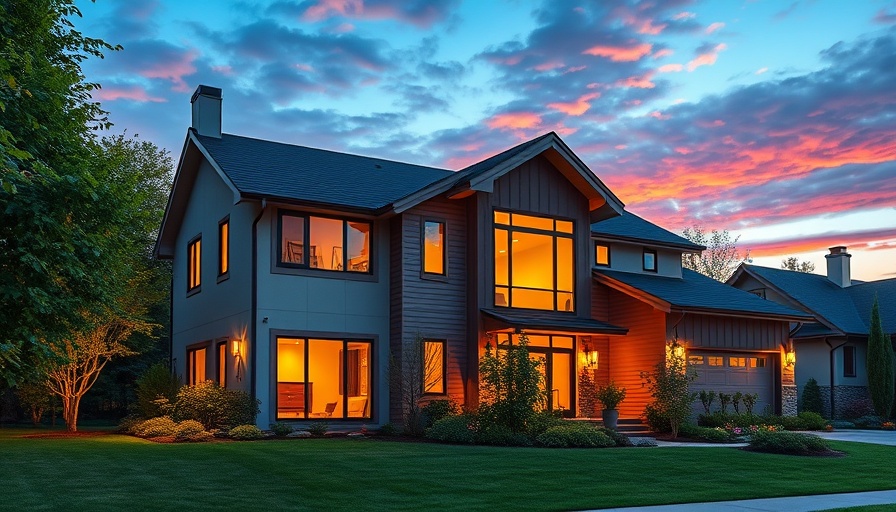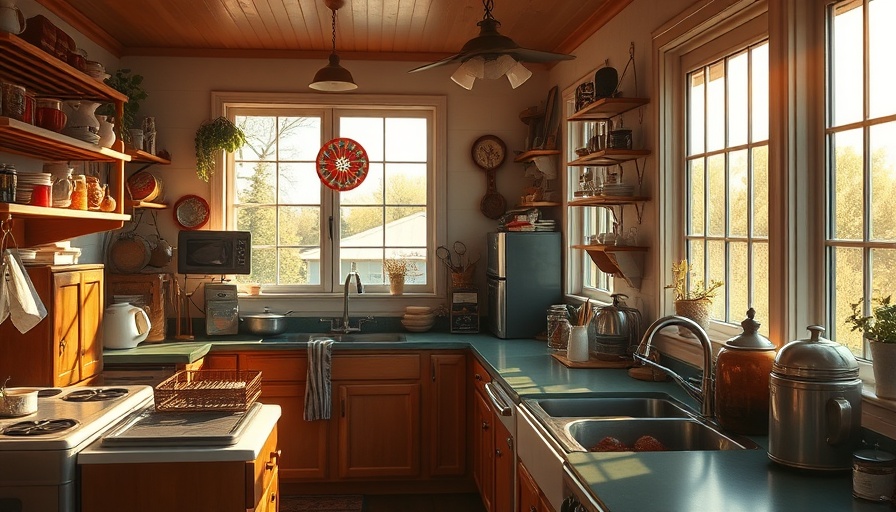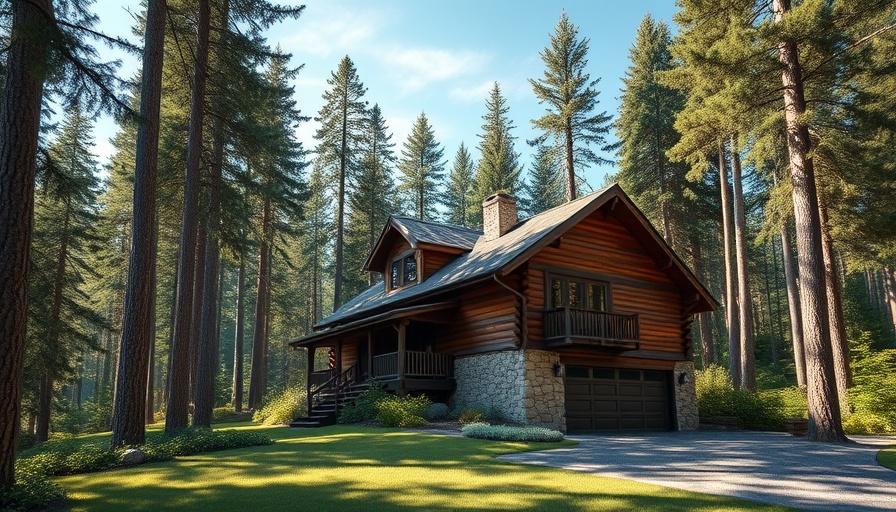
Recognizing the Signs: Do You Really Need to Replace Your Windows?
For homeowners, deciding whether to replace windows can be daunting. The reality is that windows often show clear signs when they need to be replaced. Indicators such as difficult operation, noise intrusion, or condensation between panes might signal that it's time for an upgrade. One tells-tale sign is moisture buildup either inside the window or pooling on the sill, indicating window seals have failed. If you've noticed these issues, it may be prudent to consult with a professional to assess whether a replacement is the best course of action.
Understanding Window Lifespan: How Long Can You Expect Them to Last?
The lifespan of your windows is contingent upon various factors, mostly the material and maintenance over the years. Generally, well-maintained windows can last anywhere from 20 to 50 years. For instance, wooden frames might need replacements sooner than vinyl or fiberglass versions due to their susceptibility to weathering. If you're evaluating an older property or just your own home, have a window professional inspect their condition as it can help affirm your decision.
The Energy Efficiency Angle: Can New Windows Save You Money?
Another significant consideration in window replacement is energy efficiency. Older windows can lead to considerable heat loss, directly impacting your utility bills. In fact, a home energy audit could reveal shocking data; homes with outdated windows tend to consume much more energy. By investing in energy-efficient windows — which may offer double or triple glazing options — homeowners can see a reduction in energy bills, potentially recuperating replacement costs over time. This upgrade not only boosts comfort but also adds to the home's market value.
Different Types of Windows: Making Sense of Your Choices
When choosing new windows, it’s essential to understand the variety of options available, each serving different aesthetic and functional purposes. For example, casement windows offer ventilation by swinging outward, while sliding windows are more space-efficient for narrow areas. There are also different glazing options—low-E coatings can improve thermal performance, while frosted or tinted glass can enhance privacy. Researching and selecting the type that matches your home's architectural style can enhance both its beauty and function.
Future Real Estate Trends: How Window Quality Affects Your Home’s Value
Real estate trends indicate that buyers are increasingly focusing on energy-efficient and aesthetically pleasing features in their homes. Homes listed with newer, high-quality windows tend to attract more interest. When considering a future sale, window replacements can be viewed as an investment—improved insulation, noise reduction, and modern aesthetics can make a property more appealing to potential buyers. Whether it’s through platforms like Zillow, Redfin, or local real estate brokers, modern windows can help those listings stand out.
Take Action: Why Now is the Best Time to Consider Replacement
In light of current market trends and seasonal shifts, investing in window replacements can yield numerous benefits. With more favorable financing options available for home renovations, now might be the perfect time to act. Whether you're aligning this with a seasonal home improvement initiative or prepping for eventual home sale, the return on investment from window replacements is significant. So, if you're in the housing market — either looking to buy or sell — consider how vital windows are to the overall appeal and functionality of a home.
In essence, understanding the needs and signs from your windows is integral to maintaining your home’s value and comfort. As you explore the options, consider partnering with a trusted real estate agent who can assist you in navigating real estate listings, helping you assess the current market while providing valuable insights into the housing landscape.
 Add Row
Add Row  Add
Add 




Write A Comment